AI Presentation Syllabus
Objective:
- Understand the broad concept of AI, Deep Learning and Machine Learning
- Make new friends, improve collaboration skills, and learn from different perspectives in a group study environment
Workflow:
-
- Week 1 (Oct 7th): Team formation and knowledge preparation. Form a team of 3-5 people, study the provided/self-found materials
- Explore general AI and Deep Learning concepts
- Familiarize yourself with GitHub
- Get a taste of popular Python/R packages, such as TensorFlow
- Improve programing skills by solving practical AI problems
- Week 2 – Week 3: Brainstorming and discussions. Select and discuss a topic related to AI with your teammates and start working on it.
- Week 4: Initial project proposal. Present an initial proposal and timeline of your intended project. (Organizers will evaluate and offer suggestions.)
- Week 5 – Week 6: Project on the rails. Working on your project and practice for the final presentation
- Week 7: final presentation, with no more than 12 slides in your presentation. Potential prizes available.
- Week 1 (Oct 7th): Team formation and knowledge preparation. Form a team of 3-5 people, study the provided/self-found materials
Evaluation:
The following aspects will be considered regarding the evaluation of the final presentation (Grade Scale of each aspect: 1 – 5):
- Innovativeness and originality:
- We hope you can use innovative methods to explore the problem and present your unique findings.
- Completeness of the work
- Similar to the requirement of admission project, we hope you can learn how to use github to cooperate with your teammates and organize the work. Please organize your work according to following structure:
- The data folder contains the raw data of this project. These data should NOT be processed inside this folder. Processed data should be saved to output folder. This is to ensure that the raw data will not be altered.
- The doc folder should have documentations for this project, presentation files and other supporting materials. ****Presentation file should be no more than 12 slides****
- The figs folder contains figure files produced during the project and running of the codes.
- The lib folder contains computation codes for your data analysis. Make sure your README.md is informative about what are the programs found in this folder.
- The output folder is the holding place for intermediate and final computational results.
- Similar to the requirement of admission project, we hope you can learn how to use github to cooperate with your teammates and organize the work. Please organize your work according to following structure:
- Presentation
- Each team is required to spend no more than 15 minutes to present their slides to the audience.
- Team should share their understanding of the techniques they use. Besides, you are expected to present your findings and insights in an interesting rather than pedant way.
- Run your work in the cloud (Bonus!)
- Although time is limited, we still strongly recommend you to learn how to deploy your work on cloud( no matter which platform) and run your code using GPU. This task is not required, but you will earn 5 points bonus if you compete this.
Useful Resources:
The following are some sharpest tutorials we have collected so far. If you have any additional tutorials that you would like to share with our community, please send them to [email protected].We highly appreciate your support!
- GitHub Tutorial – from G5243 Applied Data Science:
https://github.com/TZstatsADS/ADS_Teaching/tree/master/Tutorials/wk1-GitHub_simplified
- Amazon Web Service Tutorial – ten-minute setup:
https://aws.amazon.com/getting-started/tutorials/
- Google Cloud Tutorial – ten-minute setup:
http://cs231n.github.io/gce-tutorial/
http://cs231n.github.io/gce-tutorial-gpus/
- Deep Learning Intro Tutorial – top-rated DL tutorial by Google Engineer:
https://classroom.udacity.com/courses/ud73
- Deep Learning Advanced Tutorial – Specialization Course by Andrew Ng:
https://www.coursera.org/specializations/deep-learning
- Machine Learning Advanced Tutorial – from G5242 Advanced ML:
https://wendazhou.com/teaching/AdvancedMLFall17/
- Spark Intro Tutorial – top-rated Spark tutorial by Amazon Engineer:
https://www.udemy.com/taming-big-data-with-apache-spark-hands-on/learn/v4/overview
- Recommendation System Intermediate Tutorial – top-rated Spark tutorial by Amazon Engineer:
https://www.coursera.org/specializations/recommender-systems
